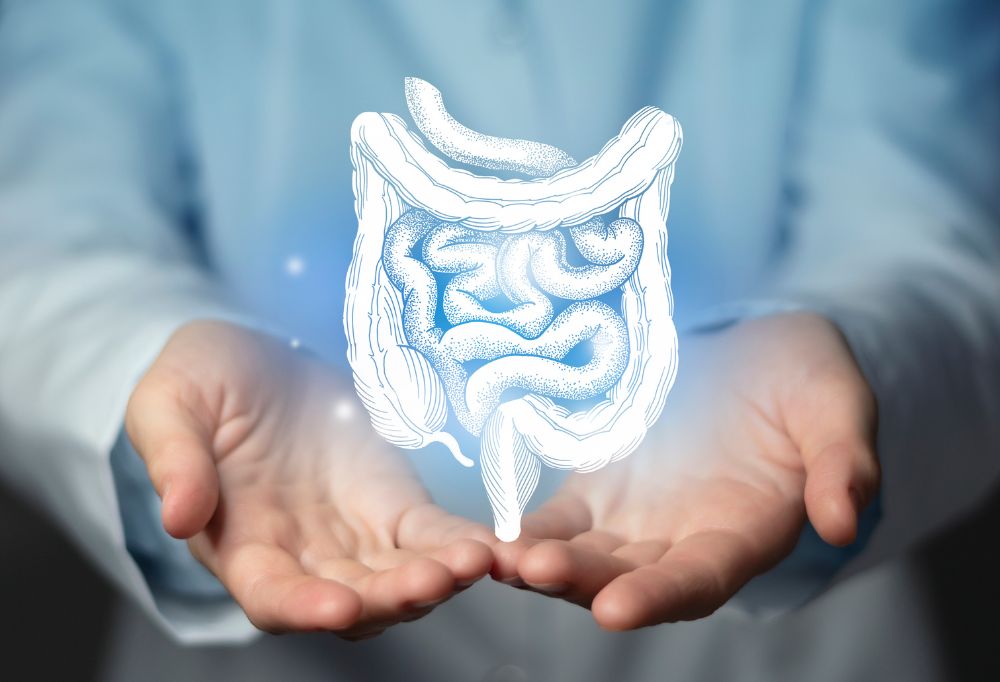Reviewed by Kimberly Cabe, FNP-BC of Forum Health Clarkston
Heart Health!
We all know that our heart sustains our life, as much as the breath, but oftentimes we take its inherent beating rhythm for granted.
We may choose lifestyles that negatively impact our hearts vital functioning. In doing so, we run the risk of developing significant cardiovascular disease, including high blood pressure, arterial plaque formation from excessive cholesterol buildup, peripheral arterial disease, stroke, heart attack and arrhythmias. Over time, these disease states can not only become deadly, but lead to further decline in other organ systems, such as retinal detachment leading to blindness, neuropathy (inability to feel sensation) in the extremities, kidney disease, and a host of other complications.
So what is the best strategy to keep your heart pumping strong and efficiently?
According to the American Heart Association (AHA), lifestyle changes are the first line of defense to maintain a strong heart.
Quit Smoking

Quitting smoking is the first and most important change to make in order to keep the muscle of the heart pumping strong. The heart has to send oxygenated blood throughout the entire body along the arterial pipeline. When cigarette, pipe, or cigar smoke is inhaled, the resultant overload of carbon monoxide burdens not only the lungs but inflicts damage to the heart muscle itself. Quitting now greatly improves the overall function of the heart.
Keep an active, nutritionally balanced lifestyle
Moderate exercise of 20-30 minutes daily will strengthen the entire body, help lower cholesterol, relieve stress, and manage a healthy weight. When an individual is overweight, the heart muscle has to pump harder to perfuse the body with oxygenated blood. Being too heavy also contributes to the risk of the onset of Diabetes Mellitus, a rapidly growing and costly disease which, over time, will also raise the risk of developing heart disease according the AHA.
Minimize alcohol consumption
Minimize alcohol consumption to one drink per day for women or two daily for men.
Consume clean and nutritious foods as often as possible
Meaning no GMO’s, free of pesticides, herbicides, and growth hormones. Keeping a variety of whole and sprouted grains, vegetables, fruits, lean protein sources, fat-free and low-fat dairy, high fiber foods, and wild caught fish in the diet provides an array of flavonols, phytonutrients, and antioxidant protection for our heart.
- Some of the best foods to eat that promote ideal cardiac functioning include chia seeds, salmon, garlic, artichoke, raw nuts, legumes and lentils.
- Cold pressed oils such as olive oil and coconut oil, ginger and turmeric for their anti-inflammatory support, raw honey, and Indian Gooseberry, also known as Amla or Amalaki.
- Incorporating a well-balanced diet is the foundation to all health, not just that of the heart.
- We are what we consume. So eat for health.
Hydrate with water!

Last but not least, it’s imperative to remain healthily hydrated with water. Not the sugary sports drinks or flavored waters, but just plain, filtered drinking water.
- Our bodies are approximately 70% water. By the time one feels thirst, the body is already dehydrated.
- Unless you have renal disease or certain cardiac conditions such as congestive heart failure (CHF), it is generally safe to drink half your body weight in ounces of water. So a 140-pound woman living an active and healthful lifestyle, could safely consume 70 ounces of water daily.
Little steps that we take now will greatly improve our long-term heart health. So set goals, make changes, and love your heart to great health.






